
Bryn Bach Coal Ltd submitted an application in 2019 to expand the existing Glan Lash opencast coal mine by 6.68 hectares (originally 7.98 hectares) with the site boundary at 10.03 hectares. The coal operator wants to extract a further 95,038 tonnes of coal (originally 110,000 tonnes, and represents more than the original coal mine licenced for just 92,500 tonnes) over 6.1 years (planning ref. E/39917). This amounts to around 325 tonnes/week. The Standard Mineral Application Form submitted to Carmarthenshire County Council is only partially filled out. There is a pending call-in request (from 03/01/2020) to the Welsh Ministers to determine this application. It could be quashed by Ministers (as of 27/07/2022, the Welsh Ministers are waiting on the Local Planning Authority Officer's report).
There are many calls to reject the proposed expansion on the grounds of climate change, citing Planning Policy Wales (Edition 10). But Llandybie Community Council and Councillor Davies support it—citing jobs, community fund, and repeating the company’s claims of low climate change impact.
Based on the planning permission issued on 25 January 2012, coal mining was to cease by the end of 2016 and progressively restored, with completed restoration by the end of December 2017, followed by a 5-year aftercare period. However, as so often happens, this promised restoration has yet to even be started. Bryn Bach Coal Ltd submitted a Section 73 time-extension application to delay restoration works, which the Council permitted ahead of the coal operator submitted an application to extend mining. As a consequence, the local community has suffered an unrestored coal mine on their doorsteps for almost 5 years whilst the mining extension application is considered. To add insult to this injury, Bryn Bach Coal Ltd also write in their environmental impact assessment (EIA) that the extension applied for would “enable the full restoration of the existing and the proposed extension”, making the completion of the previously promised restoration now appear dependent on profits from the extension—not dissimilar from the narrative in Celtic Energy Ltd’s extension applications.
Bryn Bach Coal Ltd claim Glan Lash produces ‘premium quality anthracite’, without parallel in South Wales—a suspiciously similar claim is also made by EnergyBuild Ltd about their Aberpergwm deep coal mine in South Wales.
Despite admitting that 50% (which the company recently changed to 25% in 2022, without explanation or evidence) of the coal mined would be burned for domestic heating, and failing to account for what percentage is destined for other uses, Bryn Bach Coal Ltd haughtily claim in their EIA “that to refuse planning permission based on the impact our proposal will have on Climate Change and Carbon Emissions would be globally irresponsible.”
Bryn Bach Coal Ltd does not determine global coal market conditions and cannot predict demand of different industries. Ultimately, the company will sell to whoever wants the coal and is offering the highest price for it. There will be nothing in the planning permission that controls how the coal is consumed. Bryn Bach Coal Ltd's claims around this may well just be an attempt to make the mine seem more acceptable to Planning Councillors and the public - don't fall for it.
Council commissioned the independent reviews of the technical reports paid for, and submitted by, Bryn Bach Coal Ltd on how the coal mine extension would impact water flows (hydrology) and the ecology reliant on that in the area. An independent Planning Ecology report in July 2022 recommends rejection of the application to fulfil the Council’s duty to “maintain and enhance biodiversity under Section 6 of the Environment (Wales) Act 2016, Section 6.4.21 of Planning Policy Wales or under Well-being Goal Two of the Well-being and Future Generations Act 2015 (AResilient Wales)”, and points out “documentation provided by the applicant is misleading in places as it makes frequent reference to the restoration of habitats”. In a letter to the Council, Friends of the Earth Cymru precede this independent Ecology Planning report’s conclusions by pointing out that “While mitigation is proposed in the form of restoration and replanting, these trees and associated landscape proposals will take years to grow back to current levels, and existing habitats may not recover”.
The 2018 EIA report paid for by the coal operator, Bryn Bach Coal Ltd, identifies that ancient woodland extends 2.52 hectares inside the site boundary, which would be at risk if the extension goes ahead, but claim the woodland should not be categorised as ancient woodland. The ecologists refute the 2011 classification by Countryside Council for Wales and Forestry Commission Wales, by citing a more obscure historic 1988 source that does not list it as ‘ancient woodland’. In a more recent EIA report by Pryce Ecologists, they stopped using the downgraded term ‘historic woodland’ and stuck to the correct ‘ancient woodland’ classification. This is reinforced by the July 2022 independent Planning Ecology report citing the woodland to be “circa 120 years old” and “cannot be compensated for by the creation of new woodland within a 17-year timeframe”. This is in direct contraction to what was claimed by the Pryce Ecologists EIA report paid for by Bryn Bach Coal Ltd. The independent report goes on to say it would take 120 years for the newly planted woodland to support the same biodiversity, by which time the existing woodland would be 240 years old if it wasn’t removed, and therefore probably still ahead in biodiversity. The independent report is also critical of the 2018 EIA report as ‘The applicant has incorrectly assessed that none of the hedgerows on the site are “important”’, arguing the loss of these hedgerows should be a ‘material consideration when considering this planning application’, particularly as the restoration plan’s “amount of new hedgerow planting is well below the 2:1 ratio associated with habitat compensation and habitat loss” and “40-50% of this planting is in positions where it will contribute little to biodiversity”.
The independent hydrology review commissioned by Council is highly critical of the reports provided by Bryn Bach Coal Ltd, with specific criticisms like “it is my very strong opinion that the information provided is insufficient”, “here appears to have been a complete absence of research on the hydrological management of abandoned mine workings in the area”, and “unsafe assumption[s]”, “I disagree entirely with this statement, and find it hard to understand how the reported data collection exercise could have informed the understanding of whether the marshy grassland is groundwater-dependent to any degree”. Lambasting one of the most recent hydrology reports by Humphries and Leverton in 2022 (again commissioned by Bryn Bach Coal Ltd), the independent review claims “it is based on a wholly inadequate ecohydrological conceptual model, the central limitation being an extremely poor understanding of the hydrogeology of the area … I am strongly of the opinion that the information provided is not sufficient to enable the Local Authority to determine whether or not the proposals will cause significant ecohydrological impacts”. In relation to the restoration plan, the review highlights that the “current claim that sequential backfilling of mined areas will completely restore the original hydrology as the workings move from west to east is, in my opinion, unsafe.”
As a statutory consultant, Neil Bateman responded to the extension application by pointing out that the Planning Policy Wales 10 (para. 5.10.14-15) applies in this case: “Proposals for opencast, deep-mine development or colliery spoil disposal should not be permitted…” (although acknowledging there is ambiguity about whether this applies extensions or only new coal mines). Bateman also highlights that the Minerals Technical Advice Note 2, para. 29 states “coal working will generally not be acceptable within 500 metres (m) of settlements”. The nearest settlement to the extension would be 440 metres, 60 metres less than the stipulation in this policy.
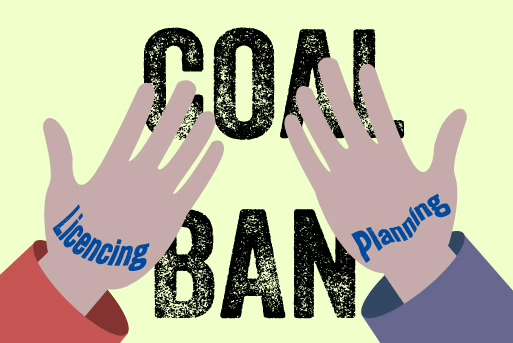
The UK Government launched a consultation on a limited review of the National Planning Policy Framework (NPPF) for 8 weeks from 30 July to 24 September 2024. The NPPF is an influential document that shapes planning decisions and priorities across England. It is periodically updated by the Government, following a public consultation…
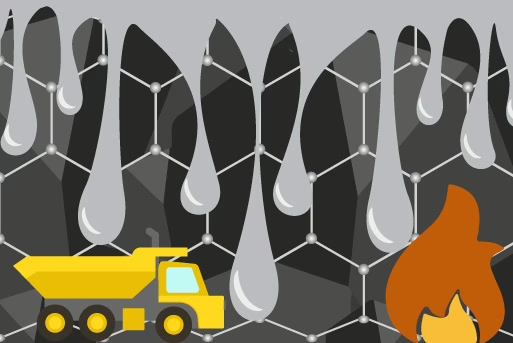
Bryn Bach Coal Ltd attempts to present the anthracite coal it wishes to extract from an expansion of Glan Lash as a unique and scarce commodity that is needed for water filtration, bricks, and graphite, and would therefore be too valuable to burn. Yet, visiting Energybuild Ltd’s…
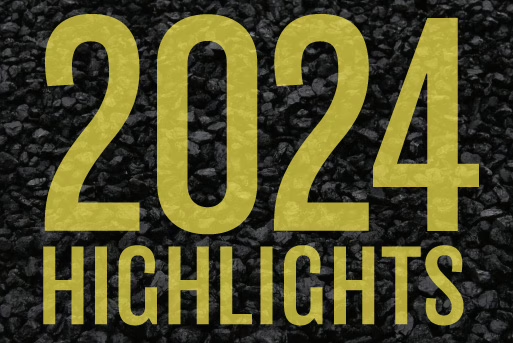
Over the past year, we’ve secured some massive victories. By taking part in our digital actions, supporters sent over 26,000 messages to the UK Government, MPs, Welsh Senedd members, Councillors, and companies to help consign coal to the history books in the UK…
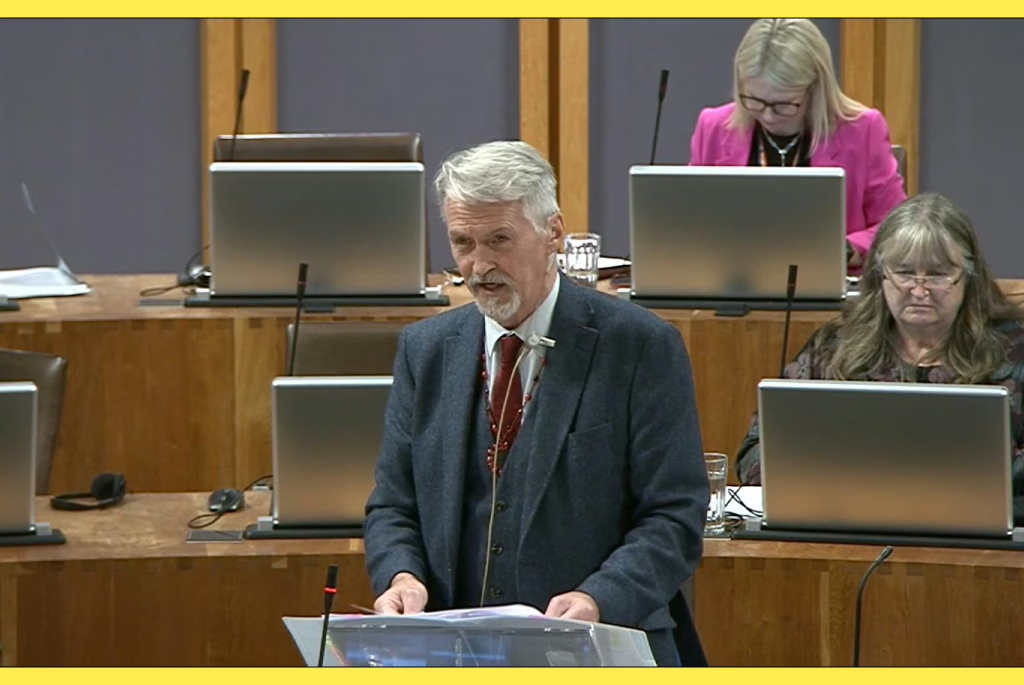
The Disused Mine and Quarry Tips (Wales) Bill (‘the Bill’) was prompted by a series of coal tip landslides that occurred in Wales following storms’ Ciara and Dennis in 2020, including a major landslide of a disused coal tip in Tylorstown…

As B Labs doesn’t seem bothered was the public says, we asked supporters to contact other B Corps – who are effectively B Labs customers. Almost 20,000 emails were sent to over 60 B Corp status companies, asking them to take a stand with us…
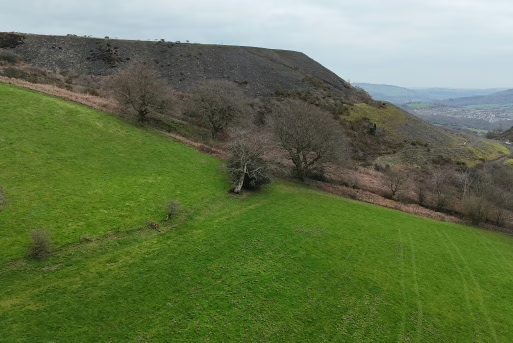
The Welsh Government’s long-awaited Bill is expected to be presented to the Senedd before the end of 2024. The very recent Cwmtillery tip slip will make this Bill a more politically charged issue. It will also raise scrutiny over whether measures…
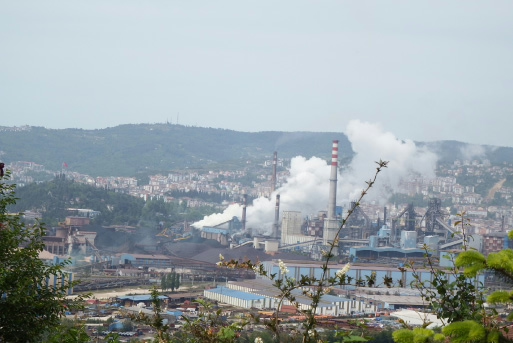
Kömür Eylem Ağı (Coal Action Network), 2024 yılında Türkiye kömür endüstrisini araştırdı. Bu makalede, bulgularımız ve Türkiye’deki kömür, hava kirliliği, Rusya savaşı ile karbonsuzlaştırma arasındaki ilişkiler inceleniyor.

Last December in London, the CAN team protested with other climate campaigners for two days in freezing temperatures outside one of the world’s biggest events funnelling investment into expanding mining globally. The ‘Mines and Money Conference’ held in London’s Business Design Centre connected investors with projects and companies responsible for human rights abuses, ecocide, and fuelling climate chaos…
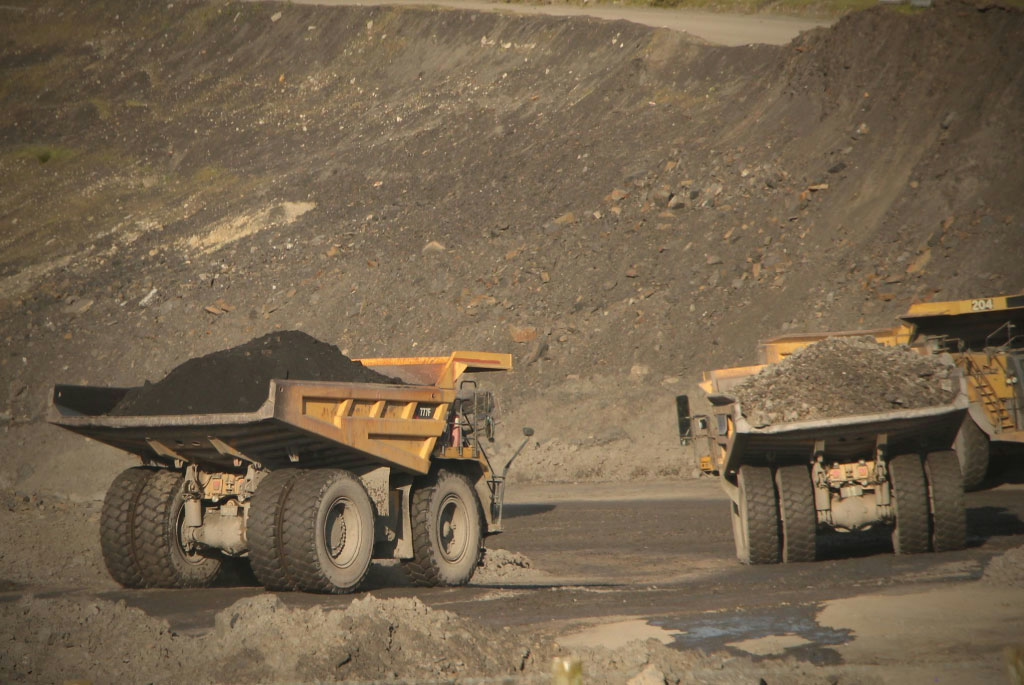
The UK Government has laid a Written Ministerial Statement confirming that it will introduce legislation to “restrict the future licensing of new coal mines”, by amending the Coal Industry Act 1994, “when Parliamentary time allows”. The UK Government’s press release is entitled “New coal mining licences will be banned”. Here at Coal Action Network, we thinks it’s great that the UK Government is following…